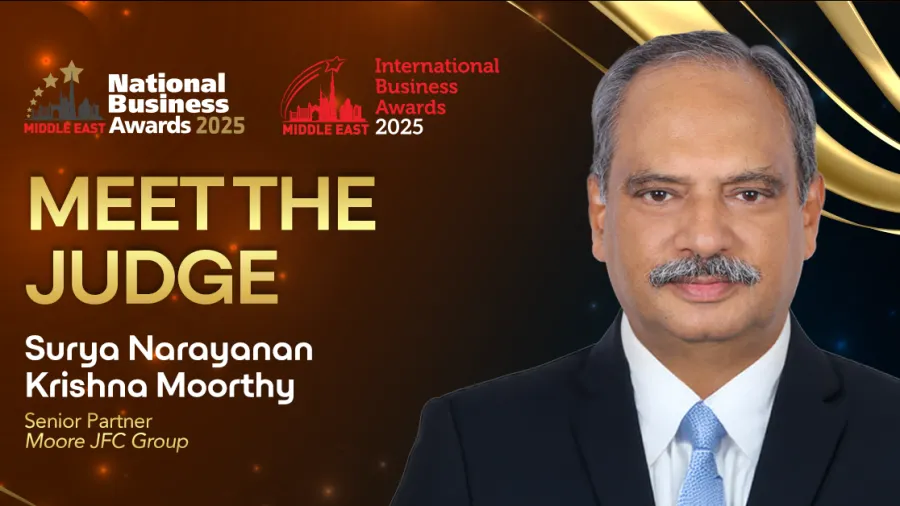
Moore JFC Group’s Surya Narayanan underscores government reforms, foreign investments, and digital diversification vital for economic growth
Surya highlights strong government support, a tech-savvy population, and openness to change as key drivers of regional growth.
As the Middle East continues to transform into a globally competitive economic powerhouse, business leaders are adapting to an environment driven by innovation, sustainability, and digital advancement. The region’s push towards diversification has opened new avenues for growth, demanding strategic foresight and agile leadership to capitalise on emerging opportunities.
Surya Narayanan Krishna Moorthy, Senior Partner at Moore JFC Group, shared his valuable insights, bringing over 40 years of extensive experience in public accounting and auditing. His professional background spans a wide range of sectors, including hospitality, education, government services, textile, and various other industries in Saudi Arabia, Bahrain, Canada, India, and the UAE.

His core strengths lie in corporate finance, CaseWare audit file reviews, audit quality assurance, risk management, financial analysis and presentations, audit methodologies and procedures, and IFRS-based financial reporting, particularly for Public Joint Stock Companies.
As a judge at the Middle East International Business Awards and National Business Awards 2025, Surya discussed growth strategies, digital transformation, innovation, talent development, and the evolving role of leadership in navigating an increasingly competitive and technology-driven market.
With your extensive experience, what are the key drivers of growth in the current business landscape in the Middle East?
Strong government support, tech-savvy population, and a willingness to embrace change are contributing factors to the robust growth in the current business landscape. Diversification from oil dependency leads to attracting foreign strategic investments in diverse sectors, namely technology, advanced manufacturing, tourism, healthcare, and renewable energy, with a focus on sustainability.
What strategies do you believe are necessary for businesses in the Middle East to sustain growth in a changing global economy?
Regional cooperation, coupled with government reforms and support, encourages foreign investments that foster a thriving private sector that is adopting new technologies to enhance operations, improve customer experiences, and drive economic growth. This transformation is characterised by a move towards experiential digital solutions.
How do you see the role of innovation and digital transformation evolving within businesses across the Middle East?
Innovation and digital transformation are rapidly reshaping businesses, which are coming out with new products, services, and business models. Robust digital infrastructures are built by strategic public-private partnerships. Costs are reduced when processes are streamlined using automation, data analytics, and cloud-based solutions. Adoption of the Internet of Things (IoT) and Artificial Intelligence (AI) are imperative to stay competitive in a rapidly evolving landscape and in the shifting sands across the Middle East.
In your view, how can business leaders in the region cultivate strong talent development and organisational culture to support long-term business success?
Open dialogue, collective problem-solving, resilience, and the ability to inspire will facilitate business leaders to be successful in the long term. Creation of an inclusive, innovative, and growth-oriented environment that respects cultural values and invests in employee development should be the business leaders’ agenda.
Looking ahead, what opportunities do you believe hold the most significance for businesses in the Middle East in the coming years?
High internet penetration has led to digital transformation (fintech and e-commerce), renewable energy, tourism, and infrastructure development. Huge potential can be tapped in research and development; cryptocurrencies and central bank digital coins; digital entertainment, hospitality, tourism and travel, and related services; transportation networks, logistics hubs, and specialised facilities; e-learning and online courses; and startups in innovation and technology.
As a judge at the Middle East International Business Awards and National Business Awards 2025, what key qualities will you be prioritising when evaluating the nominees?
The key qualities that I will be prioritising when evaluating the nominees are considerable innovation, substantial impression on society-at-large, and intensifying upcoming positive prospects.
I, as a Judge, would like to highlight the importance of the mindset, adaptability, strategic action, learning from feedback, and a willingness to take calculated risks, keeping in mind that predicting the future lies in creating it, by utmost belief in “I CAN, I WILL, I MUST!”
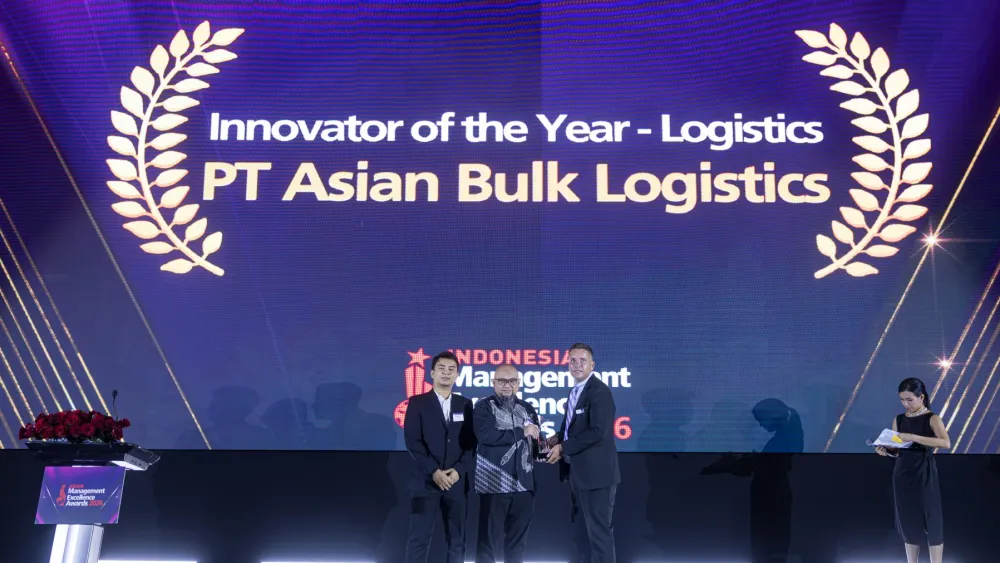
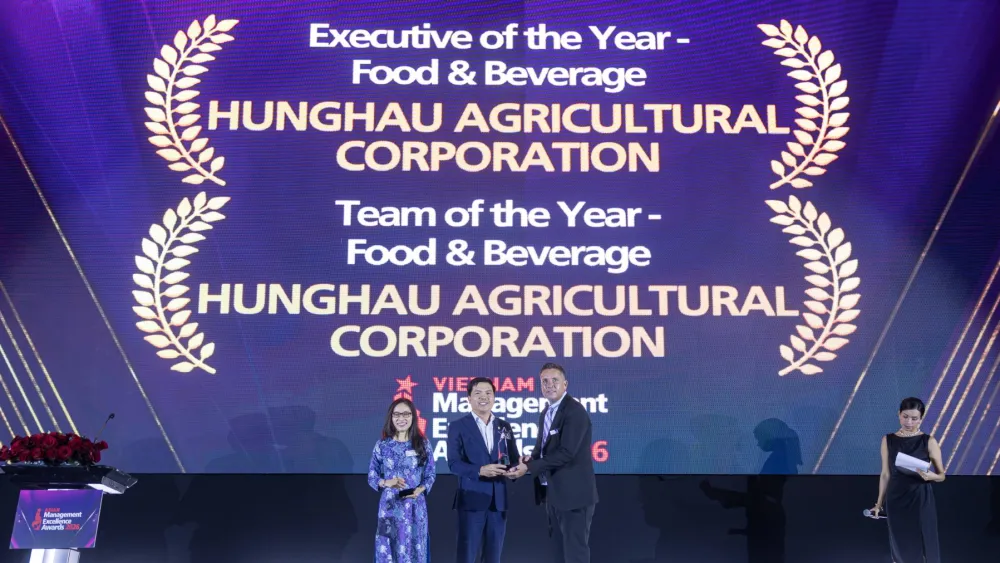








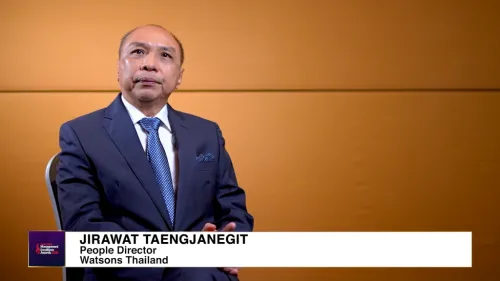


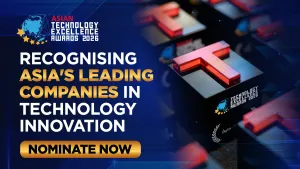





 Advertise
Advertise








